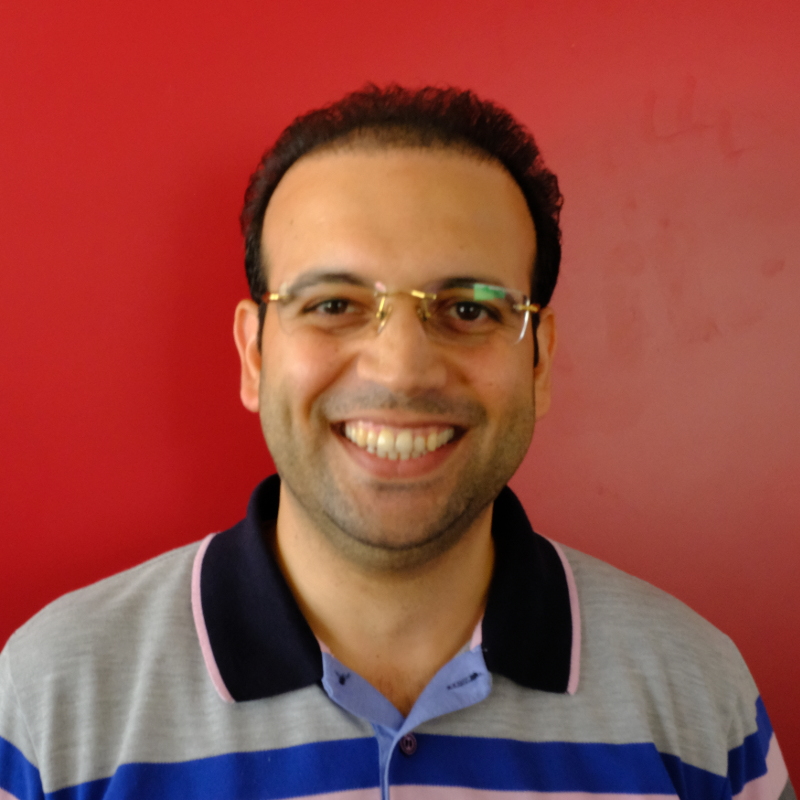Before his recruitment in FogGuru, Hamidreza has been working in Iran for more than six years in the Research Center for Developing Advanced Technologies (RCDAT), which gave him the opportunity to get involved in Software Development and Network Simulation as well as Information and Network Security. “During my work at RCDAT, I also have extensively collaborated with researchers from both academia and industry. Two years of my work were part time because I was studying my Master’s degree at the same time.”
Hamid obtained his M.Sc. degree in the Information Technology Engineering from the University of Guilan, in Iran, in 2014: “During my Masters, I enjoyed working on the Vehicular Ad-hoc Networks and Vehicular Cloud, and I published several international papers in these areas.” After his M.Sc., he got involved in a research project that had focus on different aspects of Internet of Things and developed an interest in the area of Fog Computing and its applications in the domain of Internet of Things. Hamid also published a couple of papers in this area.
He then decided to apply to a PhD position in Computer Science. Indeed, Hamid believes that “a PhD degree will allow me to contribute to the future of this field. I think in the future of Information Technology two things should be emphasized: efficient networking policies and protocols to provide requirements of the Internet of Things infrastructure, as well as efficient distributed systems to handle needs of this widely distributed generated, transferred and stored data.”
“The FogGuru project was exactly what I was looking for. I believe working in this project can refine my knowledge and skills in my areas of interest while I can experience how concrete theoretical ideas can lead to practical solutions to pressing industrial problems. The objectives of the project are really interesting and I believe the high-impact practical research as well as training next generation of Fog experts will help advancement of Fog Computing technologies.”
Hamidreza’s PhD research focuses on Stream Processing Operator Placement. The objective is to design algorithms to decide on the placement of stream processing operators in a Fog computing environment to optimize the end-to-end latency, throughput and system reliability. “During my PhD, I will take advantage of supervision of Professor Guillaume Pierre as my academic supervisor and Professor Erik Elmroth as my industrial supervisor. I will also experience a living lab secondment in the smart city of Valencia where I will experience real implementation of my contributions”.
Hamid’s ultimate career objective is to become an industry expert in his field: “I am going to be the best at what I do and I’m going to work in a place where I can apply my gained skills during my PhD and develop them, take on interesting projects in my field, and work with people I can really learn from. Moreover, finding a place where can offer public services is important for me and having the opportunity of teaching and training younger staffs is another ideal future that I am looking for.”



